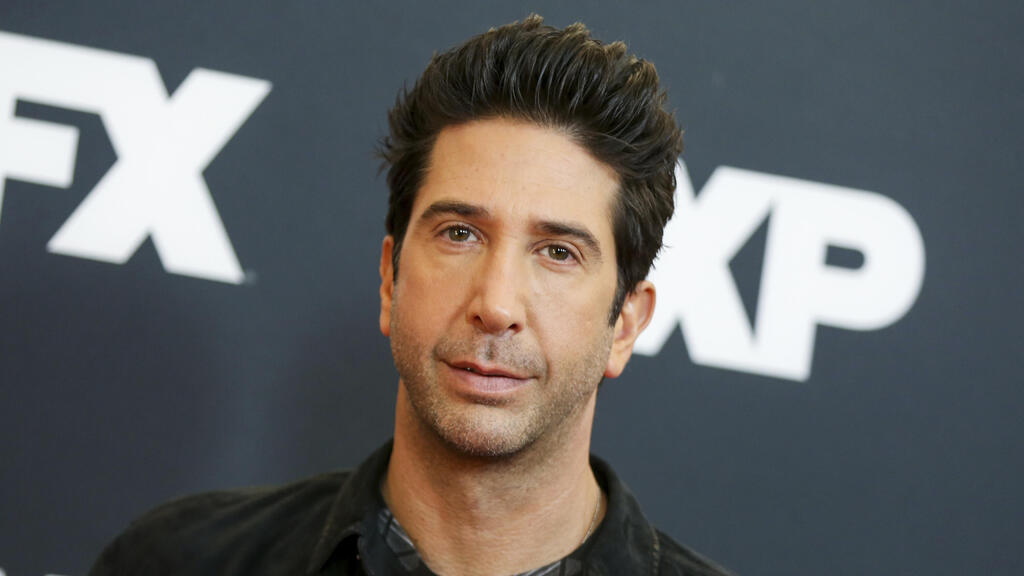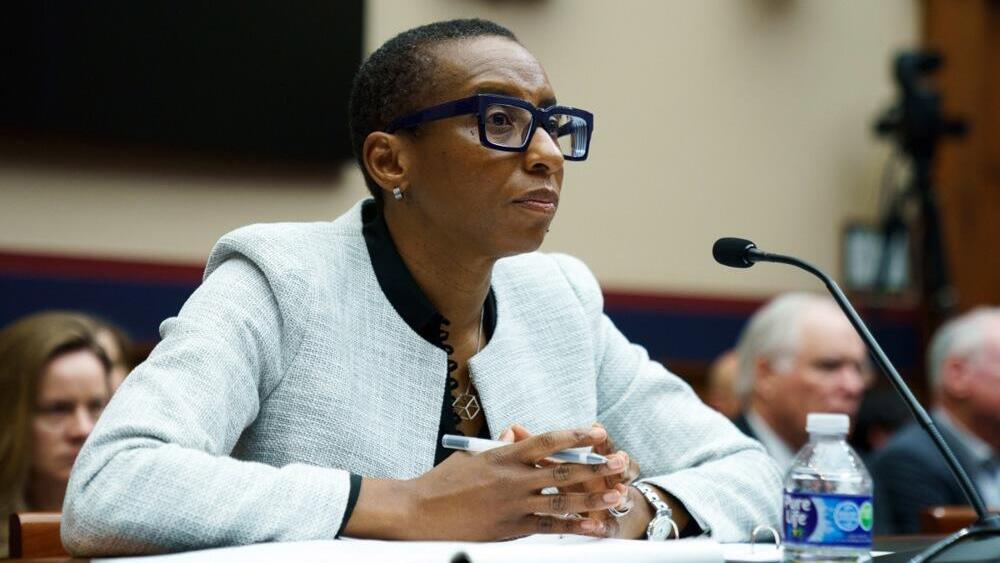The U.S. Congress hearing held last week for the presidents of three of the leading American universities on their response to the rise of antisemitism on campuses since the beginning of the war against Hamas in Gaza drew sharp criticism from across the country.
More stories:
One of the outspoken critics was Jewish actor David Schwimmer, who condemned the responses of the three presidents and expressed his disappointment with many members of the U.S. Congress who chose to remain silent instead of joining the call against the spread of antisemitism.
“These morally bankrupt Presidents of @Harvard, @uofpenn and @mit testify before congress. Incapable of answering even the most direct ‘yes’ or ‘no’ questions,” Schwimmer wrote in a post he made on his Instagram account. “Watch them duck and smirk at the unbridled anti-Semitism and calls for genocide on their campuses.”
“Where is the outrage among students, faculty and alumni demanding their resignations, an official apology and enforcement of the codes of conduct?” he added, noting that “Silence is complicity.”
During the 5-hour hearing presidents of leading American universities — including Harvard, Penn, and MIT — who testified at a hearing in the U.S. House of Representatives on their response to the rise in hate crimes and antisemitism on campuses, had a hard time deciding whether “calling for the genocide of Jews” is bullying and harassment according to their school's codes of conduct.
Republican New York Rep. Elise Stefanik, a Harvard alumna herself, clashed with the Harvard’s president, Claudine Gay, and asked her if Harvard would take meaningful steps against students who use the public expression "from the river to the sea Palestine will be free" or "intifada." According to Stefanik, these expressions push for violence against Israel and the murder of Jews.
Gay responded that "this kind of language is thoughtless, reckless, and hateful." But when Stefanik pressed and asked whether “calling for the genocide of Jews” is bullying and harassment according to the university's code of conduct and if such hate speech is allowed at Harvard, Gay answered: "It is at odds with the values of Harvard, but we embrace a commitment to free expression even of views that are objectionable, offensive and hateful.”
Gay explained that when speech turns into actions that violate the institution's policies against violence and harassment or incite violence, the university takes action. Stefanik was not satisfied, and told Gay: “This is why I have called for your resignation.”
Since the hearing, Gay has apologized for her words in a statement to the Harvard Crimson newspaper. “I am sorry, words matter,” she said. “I got caught up in what had become at that point, an extended, combative exchange about policies and procedures. What I should have had the presence of mind to do in that moment was return to my guiding truth, which is that calls for violence against our Jewish community — threats to our Jewish students — have no place at Harvard, and will never go unchallenged.”




